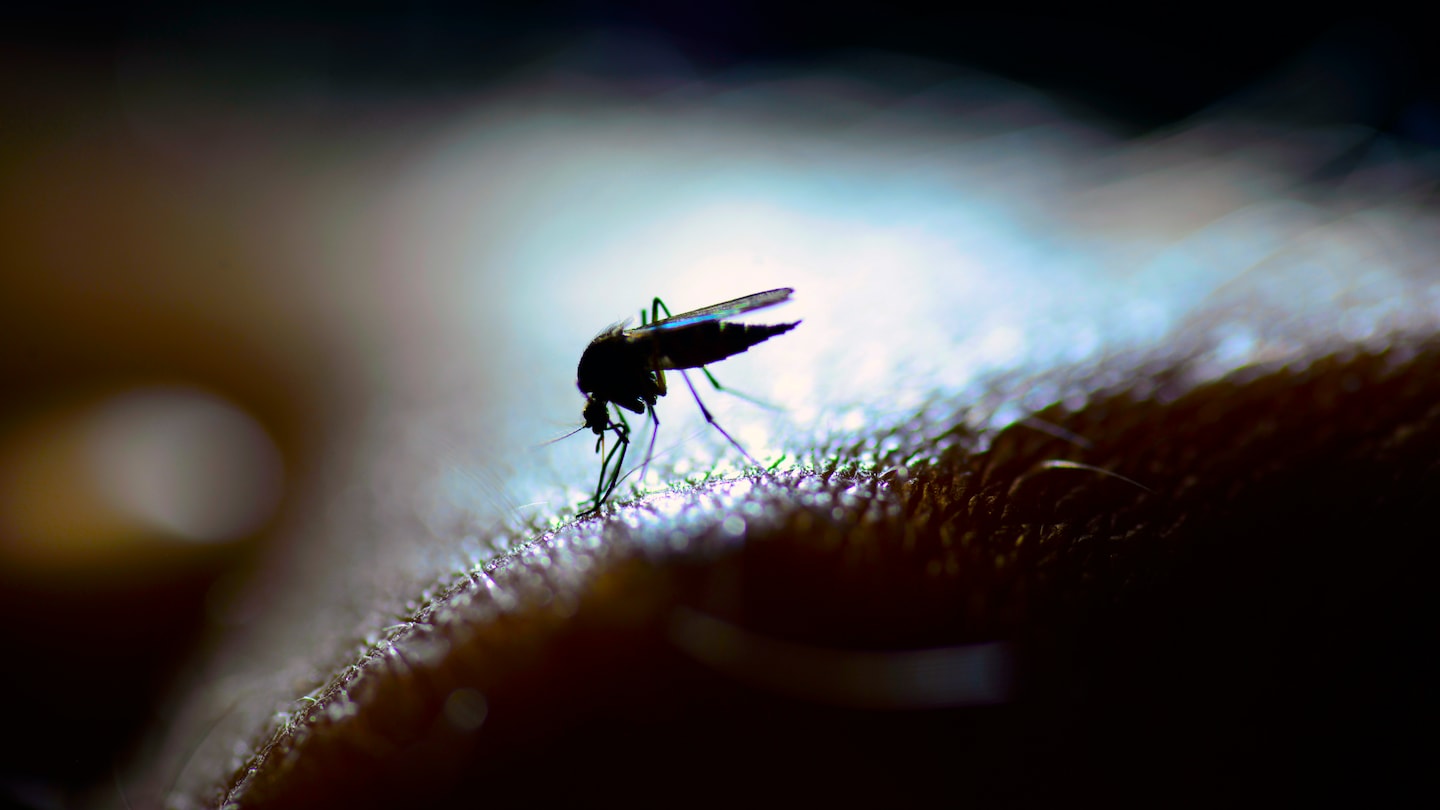[ad_1]
“We are in the height of West Nile virus season, but there are things you can do to decrease your risk of being bitten,” Health Commissioner Ashwin Vasan said in a statement.
Since the virus is typically transmitted through the bites of infected mosquitoes, Vasan suggested using an EPA-registered insect repellent, wearing long sleeves and pants — particularly when outside at dawn or dusk when the insects are most active — and keeping water from collecting in any outdoor containers.
“Help keep you and your loved ones safe with these actions during WNV season,” Vasan added.
West Nile virus was first seen in New York City more than 20 years ago — spread mainly through several Culex species mosquitoes, including Culex salinarius and Culex pipiens, according to information from the New York City Department of Health and Mental Hygiene.
This year, 1,068 positive mosquito pools were detected in the city, compared to 779 the same time last year, the health department said.
“An average of 77 mosquitoes were caught in each trap per day, compared to 75 mosquitoes per trap per day for the same period in 2021. Once trapped, a large number of mosquitoes are then tested in a single pooled sample or ‘pool,’” health officials explained in the statement.
Unlike many other illnesses, West Nile virus is not spread through droplets or skin-to-skin contact, but through the bite of infected mosquitoes. Most people who contract the illness do not experience symptoms, but some may develop a fever, headache, body aches and intestinal issues such as vomiting and diarrhea, according to the Centers for Disease Control and Prevention.
Most patients have a complete recovery, although it may take weeks or even months, the CDC said.
In rare but serious cases, a small number of people may develop complications such as encephalitis (inflammation of the brain) or meningitis (inflammation of the membranes that surround the brain and spinal cord), which can be fatal, according to the CDC.
Even more rare, another mosquito-borne illness, Eastern equine encephalitis (EEE), was recently discovered in mosquitoes in Upstate New York. Infected mosquito pools have been found in Madison County and in Oswego County, but cases have not been reported in humans, according to surveillance data. The virus, which causes inflammation of the brain, can be serious — about 30 percent of those who are infected die and many who survive go on to suffer long-term neurological complications, according to the CDC.
There are no vaccines to prevent West Nile virus or Eastern Equine Encephalitis and there are no specific anti-viral medications to treat them. Patients with these mosquito-borne illnesses are given supportive care and treated for any potential complications.
Those who experience symptoms are encouraged to contact their health-care providers.
[ad_2]
Source link



